Music education: call for evidence
Overview
We are seeking views on music education, to inform our proposals for the refresh of the National Plan for Music Education.
Why your views matter
As the current National Plan for Music Education states, great music education is a partnership between classroom teachers, specialist teachers, professional performers and a host of other organisations, including those from the arts, charity and voluntary sectors. We are therefore seeking to hear from a range of interested parties, including young people, parents, teachers, employers in the music industry and music educators.
This call for evidence will gather views on what’s working well and areas which should be built on in refreshing the National Plan for Music Education.
Audiences
- Teachers
- Headteachers
- Governors
- School support staff
- Early learning and childcare providers
- Training providers
- Local authorities
- Further education colleges
- Sixth form colleges
- Independent specialist colleges
- Designated institutions and 16-19 academies
- 16-18 year old students resident at these institutions
- Virtual school heads
- SENCOs
- Pupils
- Young people
- Parents
- Foster carers
- Adoptive parents
- Employers
- Community representatives
- Volunteers
- Unions and representative organisations
- Government bodies and departments
- Those evaluating programmes for children in need
- Those involved in underlying theoretical research on abuse and neglect, child development etc
- Those researching children’s social care or education systems, with links to educational outcomes of Children in Need
Interests
- Education
- National Curriculum
- Early learning and childcare
- Early years foundation stage
- Key stage 1
- Key stage 2
- Programmes and initiatives (Looked after children)
- Academies
- Governance
- Health and wellbeing
- Intervention
- Pupil data
- Statutory policies and guidance
- Alternative provision
- Recruitment
- Teachers' standards
- Training and development
- Post-16 funding
- Disabled children
- SEND code of practice
- Teaching and learning (SEND)
- Careers guidance
- Participation of young people in education, employment and training
- Equality
- Teacher assessment
- Primary assessment
- Accountability
- HE

Share
Share on Twitter Share on Facebook